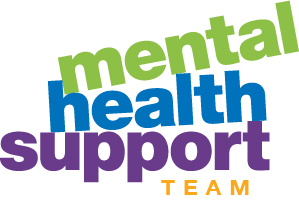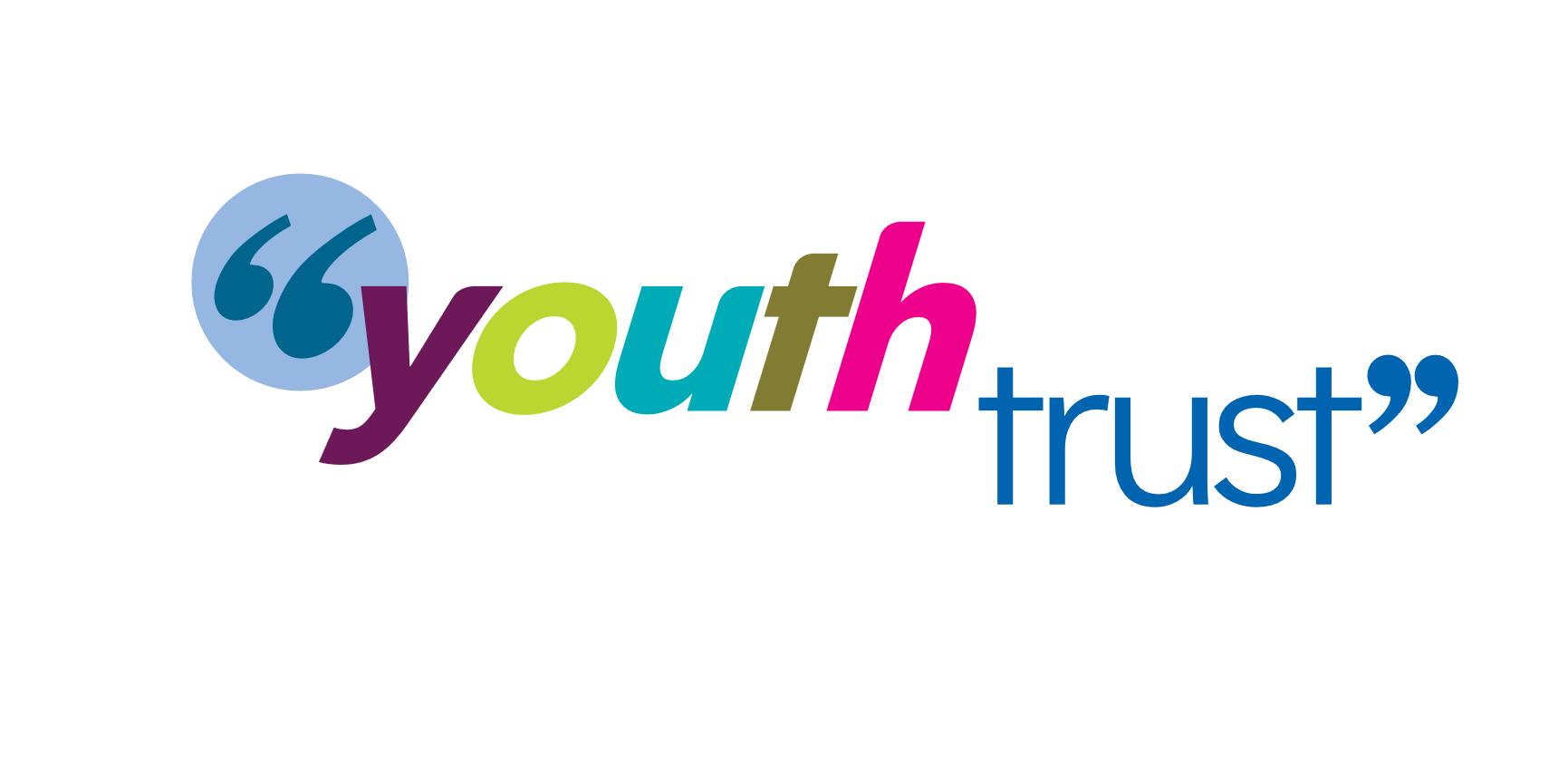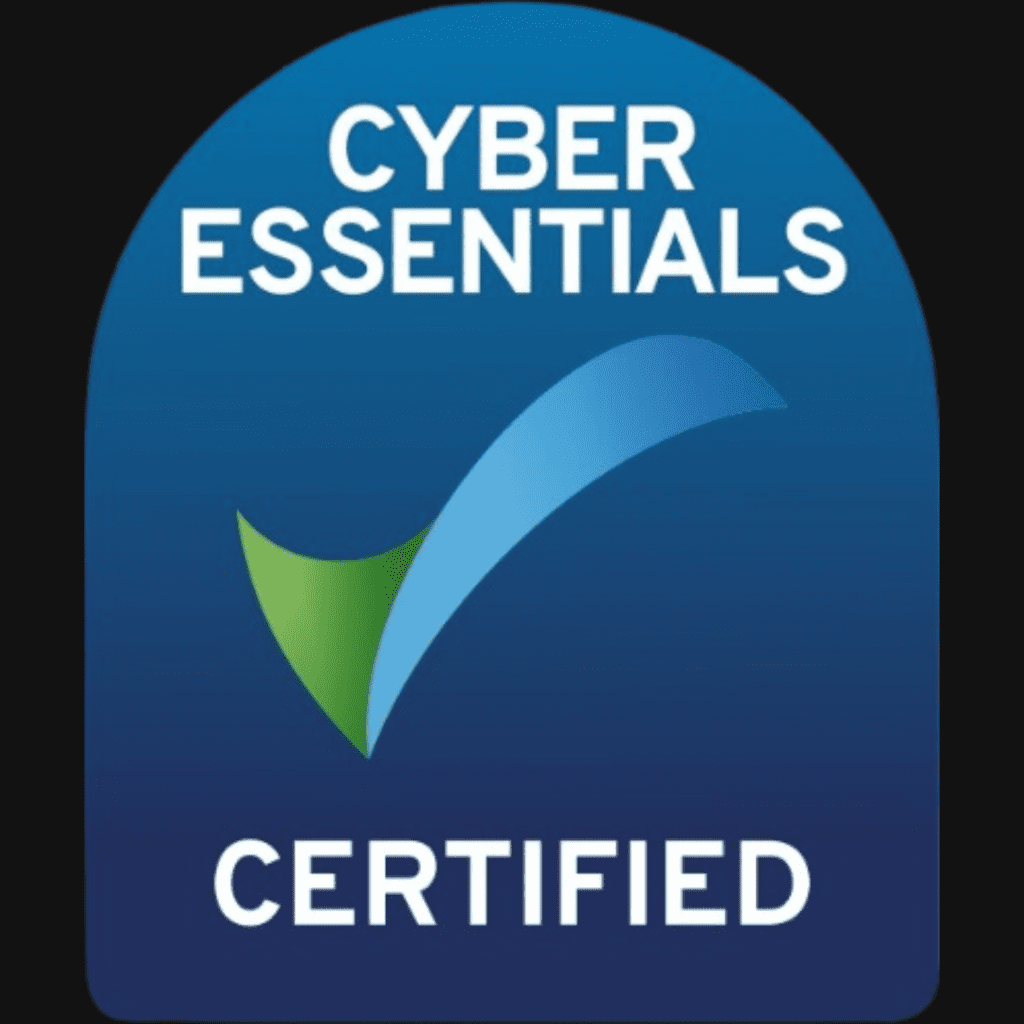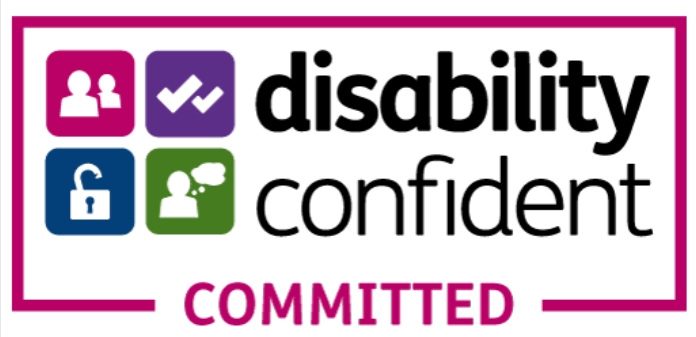We are here to help.
At the Isle of Wight Youth Trust, we understand how daunting it can be for parents, grandparents or carers when they see their child or young person struggling with their mental health and emotional wellbeing.
1 in 6 children and young people now have a probable mental health condition – that’s potentially 2 children in every classroom of 30… and approximately 5000 of the children and young people aged 5-25 living on the Island at the moment.
It’s important to know that you are not alone in going through this – we can help.
As a charity, our services are completely free of charge.
What support do we offer?
Depending on the service you access, staff will have different qualifications, training and experience but all have been recruited for their expertise and skills.Where therapy is offered, following your enquiry for support, it will be discussed at our Triage meeting by the Youth Team who will decide which of our services is the best way forward.
Services on offer include:
- information, advice and guidance
- signposting to a more appropriate service,
- workshops for the young person or parent/carer
- 1:1 counselling
When the Youth Trust team have made their decision, a member of the team will be in contact with the next steps.
Support for You
Our vision is for an island where children and young people’s mental health needs are well recognised and supported. We believe your support is essential to achieve this and are committed to supporting you to help you know how to best support them.
We run Information Sessions for Parents on every Wednesday afternoon.
Session topics now include:
- Supporting your young person with Anxiety
- Supporting your young person with Low Mood
- Understanding Self Harm
- Emerging OCD Information Sessions for Parents/Carers.

Caregivers Coffee Mornings
Please note- this drop-in is for parents/carers of children and young people on the Youth Trust waitlist, aged 5-10.
Drop-in to our Caregiver’s Coffee Morning for a hot drink and snack, talk to our wellbeing staff and other parent/carers for a hot drink and snack.
Please stay tuned for new updates.
The Isle of Wight Youth Trust offers children and young people the opportunity to talk in confidence about any issues or problems. This means that what is said between our client (i.e. the child or young person) and their counsellor will not be discussed with other people (including parents, teachers, friends or anyone) unless the client wants others to know.
The only exception to this is if the young person or counsellor is concerned that a young person or child may be at risk of harm. At the end of your child or young person’s sessions with the Youth Trust, we will usually send a brief report to their GP. This will give an outline of the issues covered in counselling and any recommendations we may have for further referral. If your child is under 13, as parents and carers, you will have the right to access any report we send via your child’s GP.
We offer a wide range of one-to-one therapies for 5-25 year olds.
We provide counselling, IAPT CBT and guided self-help – Through our triage and assessment process our experienced team will work with your child or young person to identify the most helpful type of support for them.
Counselling is an opportunity to discuss any difficult feelings or experiences in a safe and confidential environment.
Counsellors do not advise but help individuals to understand the nature of their problems through encouraging them to share their thoughts and feelings and guiding them to understand them. Youth Trust counsellors will work with their clients to explore ways of finding a positive way forward, treating them with care, consideration and respect.
CBT stands for Cognitive Behaviour Therapy – it is a type of talking therapy. It is used as a way of helping individuals to recognise unhelpful thoughts and how to see it from a different angle by encouraging them to problem solve and see the situation from a different perspective.
It doesn’t look at the cause of the problem, but looks at the issues the individual is currently experiencing. It can be very effective with young people suffering from different types of anxiety including OCD, Social Anxiety, low mood and depression.
You can read more about CBT at the Youth Trust in this blog.
Guided self-help is a low intensity therapy which helps to focus on and understand the link between thoughts & behaviours, and how these may impact on feelings. Our Wellbeing Practitioners will support their clients to work towards an agreed goal and learn coping skills for dealing with different problems and situations. Guided self-help uses elements of CBT as is particularly useful for those experiencing anxiety and low mood.
We offer family counselling service to help support families through what can be some really tough situations. Where a counsellor identifies that a child or young person needs to address wider issues with other members of the family, the Youth Trust can offer family counselling by qualified family counsellors.
As a parent or carer, you are able to access support for your child or young person to come and see a member of our team by contacting us on 01983 529569 or completing our online referral form
If you are making an appointment for your child or young person, it is essential you speak to them before you speak to us and make sure that they want to come to the Youth Trust.
If your child is under 13 years of age, you will be required to attend the first counselling session with them as well as the last counselling session. The booking or cancelling of future appointments for this age group will be at your discretion.
If your child is over 13, we will ask to speak with them to ensure that they are aware you are making a referral and that they want to come to counselling. Because of this, we recommend that if you are calling to make a referral for a young person who is over 13, you call at a time when you can hand the phone to the young person for this part of the referral process.
If your child is over 13 years of age, they will be in control of whether or not they want to make an appointment. No one is ever forced to come to the Youth Trust.
This is important as counselling requires active participation from children and young people.
If your child isn’t ready to talk about something that’s bothering them or doesn’t feel counselling is helping them, that’s okay, they can come back when it suits them better. If they don’t really want help, that’s okay too. Either way, we recommend that you discuss this with your child before making an initial appointment.
Mental Health Support Team
The Mental Health Support Team (MHST) is a new service funded by NHS England, Health Education England and partners. On the Island the service is being delivered collaboratively by the Isle of Wight Youth Trust, Barnardo’s and the IOW NHS Trust.
The aim is to improve the mental health and wellbeing of children and young people by supporting schools with their Whole School Approach (WSA) to emotional health and wellbeing within their school community and identifying and treating mental health issues early.
There are members of the team based in every secondary school (excluding Ryde School, St Catherine’s, St George’s and Priory) on the Island, as well as some of the primary schools.
Find out more about MHST and how to access support from them








